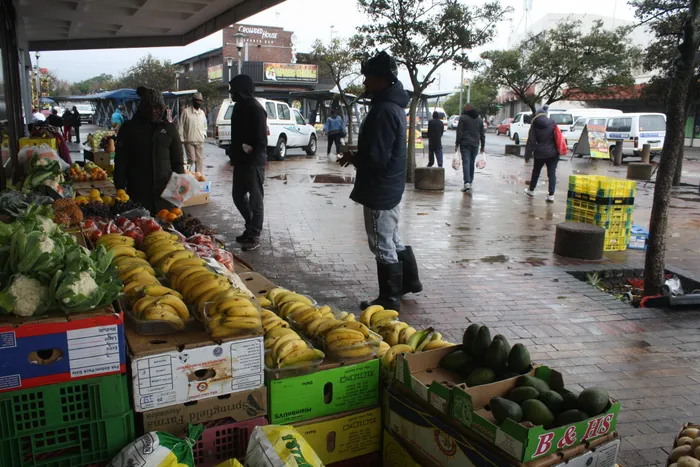New informal trading plan for Athlone

The City of Cape Town has approved a revised informal trading plan for Athlone CBD.
The City of Cape Town has approved a revised informal trading plan for the Athlone CBD, and while some traders have welcomed it, others expressed concern.
The new plan will see 72 informal trading opportunities being created along Old Klipfontein Road.
Michael Jurd, the chairperson of the Athlone Informal Traders Association said while he had not yet seen the actual plan, the association was happy that at least 72 people would be able to provide an income for their families.
“We are not sure how big a trading bay will be. The City cannot expect a fruit and vegetable stall to operate from a two-by-two metre trading bay, as that will be too small. The main thing we need is shelter, as well as toilets. Other than that, we are happy,” Mr Jurd said.
Informal trader Rameez Blankenberg, however, said the area needed better facilities.
“We need storage, toilets and parking bays. The current toilet is more closed than it is open. I cannot remember that I was ever consulted, but the plan had been approved. I have worked here most of my life - first with my mother - and I have been on my own for 15 years. I hope the plan does not involve me having to move from my current location, because I will refuse that,” Mr Blankenberg said.
Mayoral committee member for urban management, Grant Twigg, said the previous trading plan had been approved in 2009.
“Over the past 12 years, the Athlone trading area has undergone significant changes, which significantly impacted on the socio-economic fabric of the area and the footprint. Informal trading plays a vital role in creating much-needed local employment and economic opportunities. The City is therefore doing all it can to balance the needs of the formal retail sector with the need for economic development,” he said.
Once an informal trading plan is approved by council and implemented, the City monitors the demarcated sites to ensure that traders comply with the City’s by-laws and trade within their permit conditions.
Another informal trader, Donovan Brandt said he was happy to comply, but he too, expressed concern about possibly being moved from where he is currently trading.
“They only gave me two blocks, so now I will have to make my stall smaller. I have to accept that. I have no issues complying with the City’s by-laws, or my permit, but the City must also fulfil its promises,” Mr Brandt said.
Mr Twigg said an informal trading plan was needed because, “strategically, we need to demarcate specific locations for informal trading by considering local conditions and circumstances in the area”.
He added: “At the same time, we also need to prohibit informal trading in certain locations due to practical considerations on the ground. More importantly, it is vital that the City acknowledges the relevance and contribution of the informal trading sector to the local economy and the vibrancy it brings to the social environment of the area.”